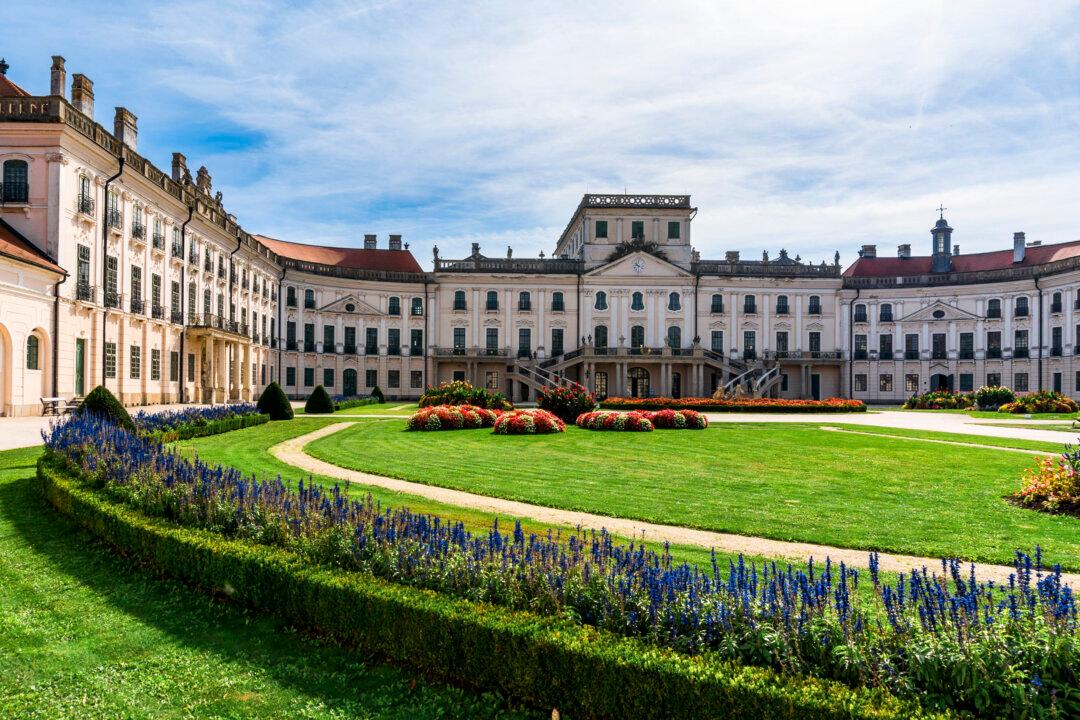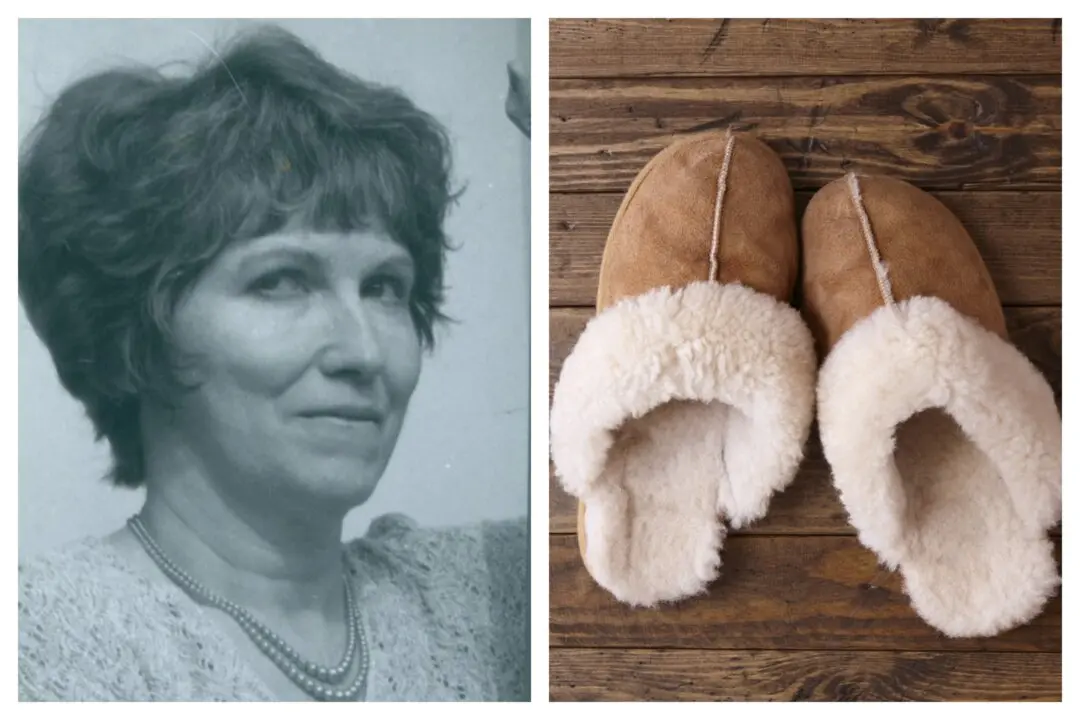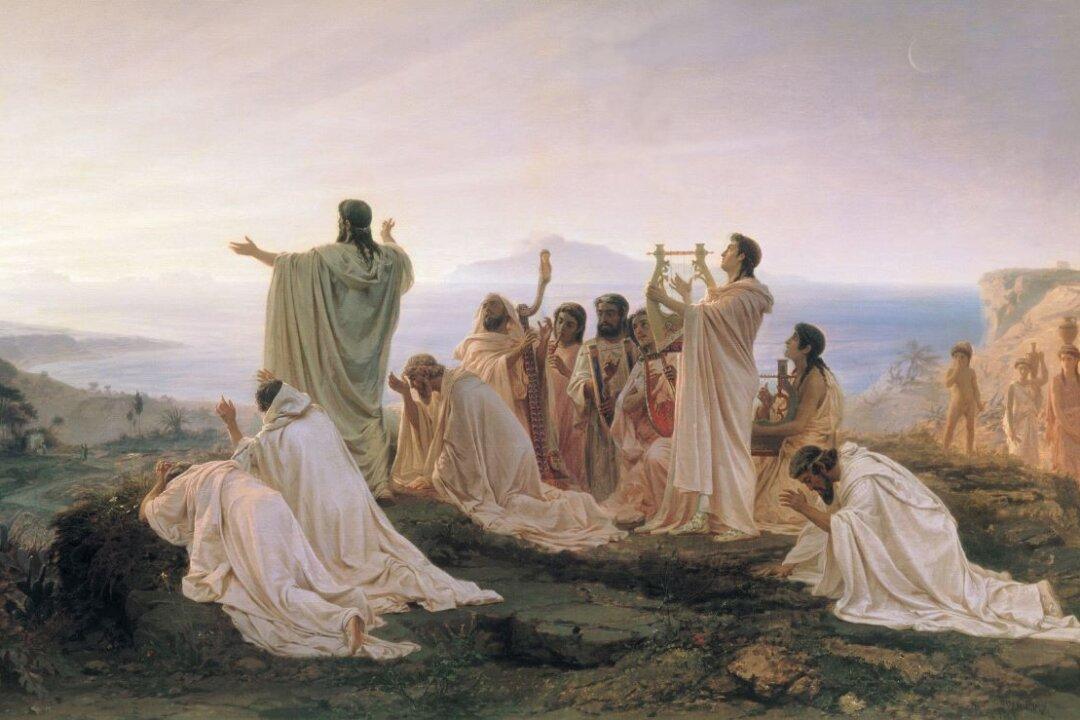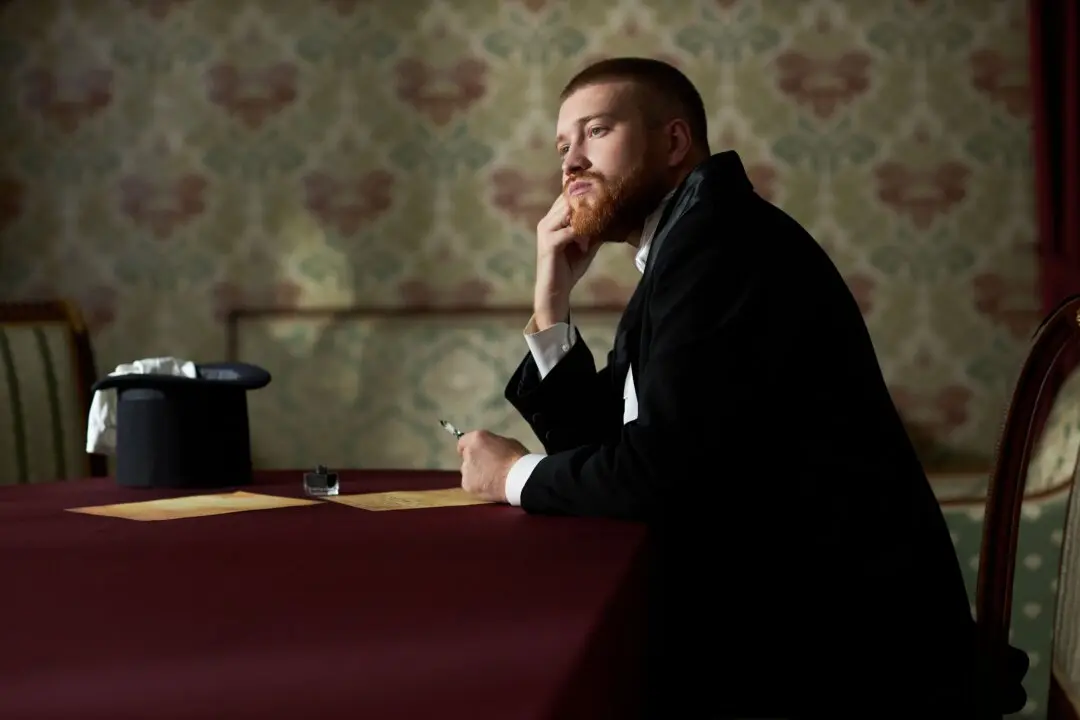Mozart called him “Papa.” Beethoven said he “never learned anything” from him. King George III called him a “good honest German gentleman,” but preferred the music of Handel.
None of these rather homely views quite capture the importance of Franz Joseph Haydn. With over 100 symphonies and nearly 70 string quartets to his name, he is widely credited as the creator of these musical forms. In pioneering the Viennese classical style, he is the key figure bridging the Baroque and Romantic periods. He was recognized in his lifetime as the greatest composer of his age.





